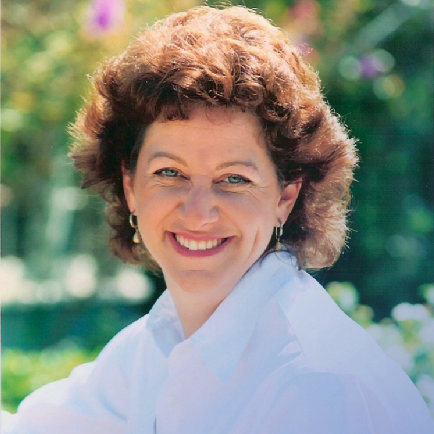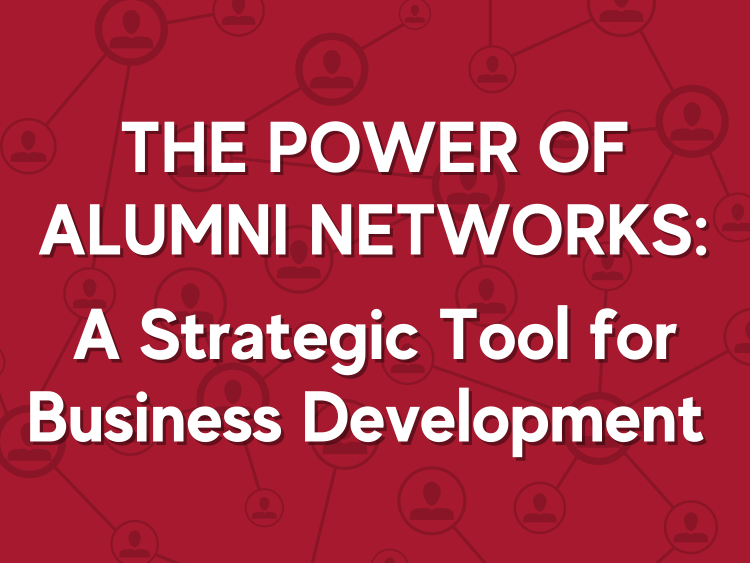If you feel overwhelmed at the prospect of business development, a natural reaction is to push the idea to the back burner and say, “I’ll get to it later.” If you want to stay competitive, however, and grow your practice, you need to take it off the back burner and turn up the heat! But how? And, where to start?

Business development expert Linda Feinholz of Feinholz Consulting was a recent guest on the Law Firm Marketing Catalyst podcast, where she identified factors and outlined steps lawyers can take to find the business development and marketing approaches that best resonate for them and their practices. Linda recommended the following:
- Step 1: Look at the Big Picture
Take a breath, step back and identify your vision for your business and your life because those two are intertwined. It’s important to understand why you’re in your specialty – what is it that connects with you personally? Was it an opportunity after you got out of law school and you developed a technical expertise, or do you have a passion for a particular topic?
Answering those types of questions will lead you into very different considerations with respect to business development and marketing. When you start looking at what you want your life to look like, where your profession fits in and what you want to be known for, you can then start talking about the strategies and tactics for achieving those visions.
- Step 2: Determine How Your Profession Fits into Your Life
Start by looking at things such as the type of people or businesses with whom you’d like to work. The kinds of questions to ask yourself include, “Who will make me smile when I’m working with them?” “Do I prefer helping people navigate emotional situations?” This is important because part of your vision is having a sense of who you are and what you enjoy doing – what you want to do eight plus hours a day.
There are parts of business development you will enjoy and parts you’ll find less attractive, as there are parts of your work you enjoy more and parts you enjoy less. If you can figure out the 80/20 (80% of what you’re doing you’re enjoying and feeling a sense of satisfaction from), that helps you put a stake in the ground.
Once you determine what resonates with you, what you want to be doing when you get out of bed in the morning, then you can start developing strategies to use in business development and the arenas in which you can create a professional identity.
- Step 3: Develop the Profile of Your Ideal Clients
Carve out a very specific demographic profile of the people with whom you want to work. For example, an estate planning attorney may identify a demographic of entrepreneurs between the ages of 28 and 40 at a specific stage of life in their businesses and at a specific stage of decision-making for their families, and so on.
Once you have identified your specific demographic, that’s the point at which you look to see where to find those people and determine how to market to them
- Step 4: Develop Pathways – Sources of Business
Many lawyers are told early in their careers that they need to get out and network. Some are very comfortable putting themselves out there; some are not. Some prefer to be standing at the front of a room speaking with all eyes upon them; some do not.
There are different pathways to business development and you need to identify the ones that work best for you. Sort out what you would and wouldn’t be willing to do.
One pathway to not overlook is the people right down the hall from you in your firm. Have lunch together and talk about matters that you’re working on. Another pathway could be to enrich relationships with other attorneys that you know and foster referrals from them. Still another pathway is going back to corporations with whom you’ve worked before, or their competitors, or similar types of organizations of different sizes where there’s no conflict of interest.
- Step 5: Develop Tactics
You can write papers, speak at conferences and commission blog posts, but can you also identify what would make you different in the universe of attorneys in your specialty? Let’s say you have a passion for baseball. Why not take a box at the stadium and invite a combination of past clients, current clients, brokers and referral sources to come spend the day where everyone could meet, chat, get up and move around, eat and enjoy the game? In effect, create an event that people enjoyed and would want to be invited back. And why is that important? Because everybody talks to their peers, so they’d go home from that event; they’d go back to the office and they’d tell other people about this event. That starts to create a buzz.
Set up breakfasts, lunches, coffees and just catch up on life with colleagues. Practice having social conversations that lead to referrals.
Another idea would be to leverage your resources and create a day that was by invitation only: an all-day open-house at your firm, where part of it is providing the opportunity for guests to meet with the managing partner or all of the partners or another noteworthy person. Corral your resources and create a social yet professional business development event. This could be a good way to alleviate anxiety (because you’re not going it alone) and foster movement in your business development efforts.
You can also better utilize Facebook and LinkedIn. Facebook is more about your personal life, but you can add professional elements to it. LinkedIn has always been about your professional life, but what LinkedIn has done over time is added features and functionality to the site that are all about marketing, including database search and messaging capabilities. While you’d pay for the membership level, the actual marketing activities themselves are free.
Interestingly about LinkedIn, many of the message threads you see in group discussions or among people “promoting” themselves is that the language is pretty much “cookie-cutter;” it doesn’t matter what the profession. It’s almost like everyone uses the same template, which is extremely impersonal and not at all unique. Also, people in their informational posts don’t feel all that unique; they’re missing a tone and style of wording that interjects their personality. When you speak in a more authentic and personal way, people will be more interested in what you have to say, which, on these platforms, could be the beginning of a relationship. And that’s how business happens – through a relationship that started somewhere.
Closing Thoughts
You need to be and remain curious; don’t be afraid to explore what makes you uneasy. We tend to defer to what comes easily. If it feels like it’s going to take effort or time or take attention away from something else, we’d rather avoid it. Especially lawyers, who have to bill by the hour, are less apt to let themselves explore. But you can chance this mindset.
Typically, the more technically savvy we become, the more we shut off exploring and practicing new behaviors and tactics in new arenas. Particularly today, with so many ways we can do business development and relationship-building, the reality is that you can’t do them all. Pick two or three and be willing to go outside the one that feels automatic. Practice being curious and when you do, commit to doing something – don’t just show up, show up with energy.
Click here to download/subscribe to the Law Firm Marketing Catalyst podcast.


